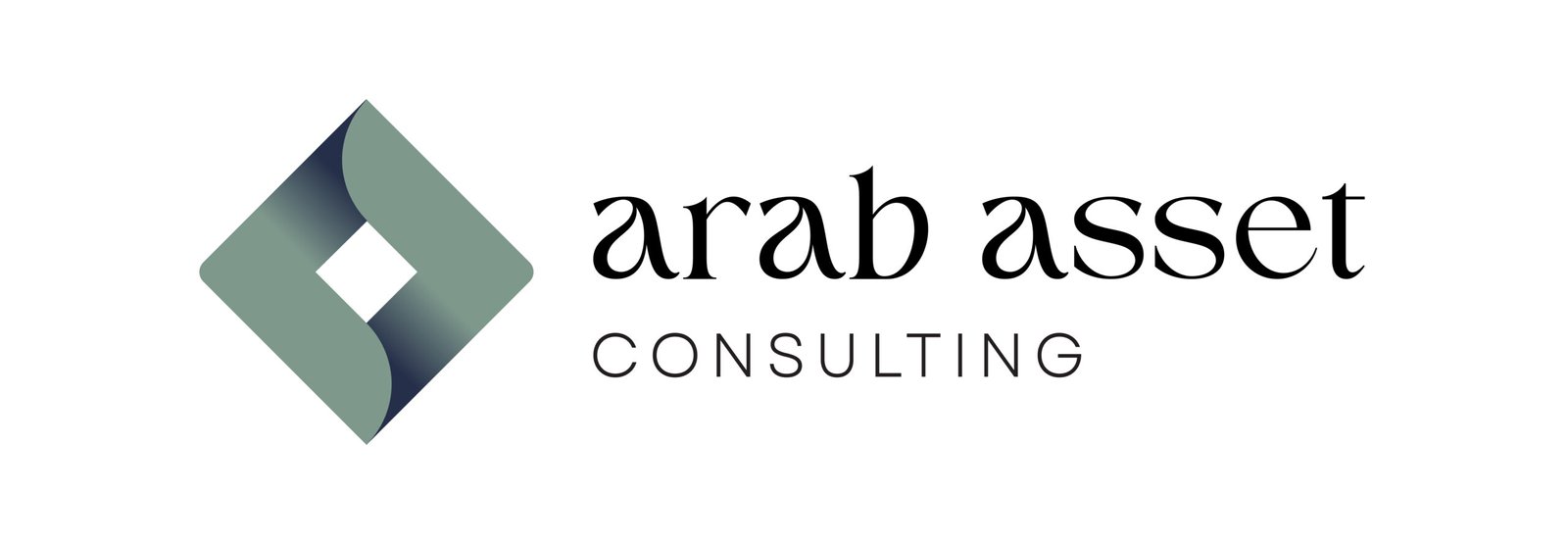Thinking about relocating to the UAE or starting a business in Dubai? With zero income tax, investor-friendly policies, and world-class infrastructure, the United Arab Emirates continues to attract global talent and capital. But while many aspects of life and business in the UAE are tax-free, there are still specific tax regulations every investor and entrepreneur should understand.
In this updated UAE tax guide from Arab Asset Consulting, we break down the current tax structure, corporate tax obligations, VAT requirements, and more—ensuring you’re fully compliant and financially prepared.
Tax Snapshot: UAE at a Glance (2025)
| Tax Type | Rate |
|---|---|
| Income Tax | 0% |
| Capital Gains Tax | 0% |
| Property Tax | 0% |
| Inheritance Tax | 0% |
| Value Added Tax (VAT) | 5% |
| Excise Tax | 50% or 100% (item-specific) |
| Corporate Tax | 0% up to AED 375,000; 9% beyond |
Corporate Tax in the UAE: What Businesses Must Know
As of June 2023, the UAE introduced a federal corporate tax for businesses generating more than AED 375,000 in annual taxable income. Companies exceeding this threshold are taxed at 9%, making it one of the most competitive corporate tax regimes globally.
Key Points:
- Registration is mandatory for all legal entities (including sole proprietors).
- Filing is done via the EmaraTax platform.
- Companies must obtain a Tax Residency Certificate (TRC).
- Tax returns are due within 9 months of the financial year-end.
- Free zone entities may still enjoy tax exemptions if they qualify as Qualified Free Zone Persons (QFZPs).
📌 Tip: Not sure if your business qualifies for exemption? Our experts at Arab Asset Consulting can assess your eligibility and handle registration, compliance, and tax strategy for you.
Understanding VAT in the UAE
Since 2018, a 5% Value Added Tax (VAT) has been applicable to most goods and services. VAT registration is mandatory for businesses earning over AED 375,000, while those earning above AED 187,500 may register voluntarily.
| Category | VAT Rate |
|---|---|
| Retail & Consumer Goods | 5% |
| Hotel & Hospitality Services | 5% |
| Fuel & Transport within UAE | 5% |
| Medical & Educational (selected) | 0% |
| International Transport & Exports | 0% |
| New Residential Properties | 0% |
VAT returns must be submitted within 28 days after the tax period ends to avoid penalties.
Excise Tax: Targeting Harmful Products
The Excise Tax applies to products deemed hazardous to public health. Introduced in 2017, the following items are taxed:
| Product Category | Excise Rate |
|---|---|
| Carbonated Beverages | 50% |
| Energy Drinks | 100% |
| Tobacco Products | 100% |
| E-Cigarettes & Vaping Liquids | 100% |
| Artificially Sweetened Beverages | 50% |
UAE for Foreign Investors: Business Setup & Tax Insights
The UAE offers three main business jurisdictions: Mainland, Free Zone, and Offshore. Each has distinct tax implications:
- Free Zone Businesses: May remain exempt from corporate tax if they meet criteria.
- Offshore Companies: Generally enjoy full tax exemption.
- Mainland Companies: Subject to 9% tax on income exceeding AED 375,000.
📌 Our consulting team can guide you on choosing the most tax-efficient structure and jurisdiction for your business setup.
Avoiding Double Taxation in the UAE
The UAE has signed 193 Double Taxation Avoidance Agreements (DTAAs) with countries worldwide, ensuring you don’t pay taxes on the same income in both countries.
Countries with DTAAs include:
- United Kingdom
- India
- Singapore
- France
- Nigeria
- Egypt
- New Zealand
- Pakistan
⚠️ Note: The USA does not currently have a DTA with the UAE. U.S. citizens must still report income to the IRS.
What’s New in 2025: 15% Global Minimum Tax
Starting in 2025, the UAE will implement a Domestic Minimum Top-up Tax (DMTT) of 15% on multinational enterprises (MNEs) with global revenues exceeding $793.5 million in two of the past four years—aligned with the OECD’s Pillar Two framework.
Need Help with UAE Tax Compliance?
Whether you’re relocating, launching a business, or managing an existing enterprise, Arab Asset Consulting is here to assist. From corporate tax registration to VAT filing and strategic tax planning, we ensure your financial affairs are 100% compliant.
📲 Call us: +971 56 2722 055
📧 Email:info@arabasset.com
FAQs: UAE Tax System for Expats and Entrepreneurs
Is the UAE tax-free for foreigners?
Yes, there is no personal income tax, capital gains tax, or inheritance tax for residents.
Who pays corporate tax in the UAE?
Only businesses earning over AED 375,000 in annual profits must pay 9% corporate tax.
Is VAT refundable in Dubai?
Yes, tourists can claim VAT refunds at exit points within 90 days of purchase with a valid sales receipt.
Do I pay tax if I live in Dubai for over 6 months?
No personal income tax applies even if you stay over 183 days in the UAE.
What happens if I miss corporate tax filing?
Late payments incur a 14% monthly penalty on the outstanding amount.
Ready to launch your business in the UAE with full tax compliance?
Let Arab Asset Consulting be your trusted partner.
Check more about UAE Tax at FTA


